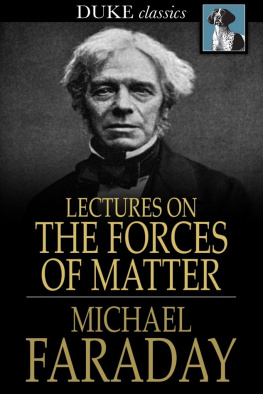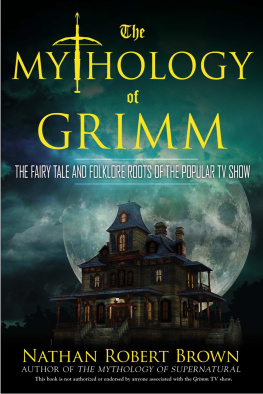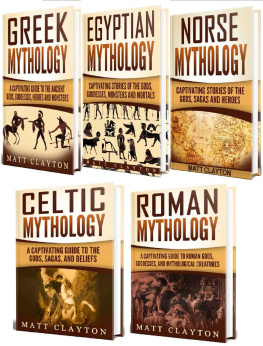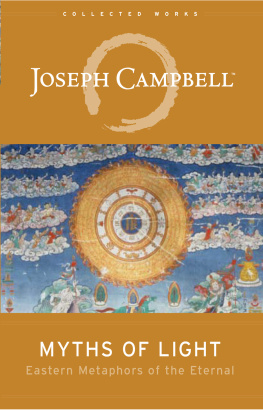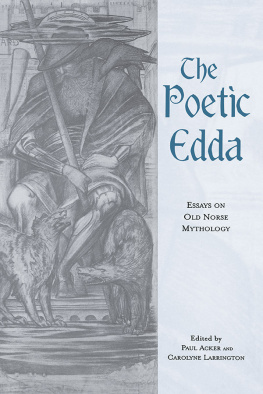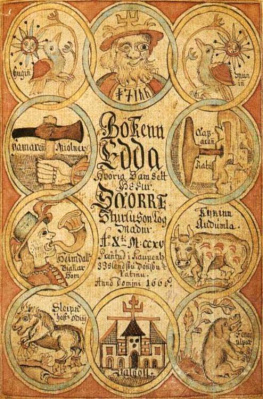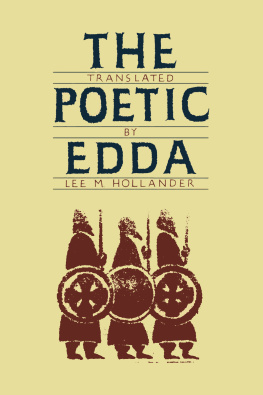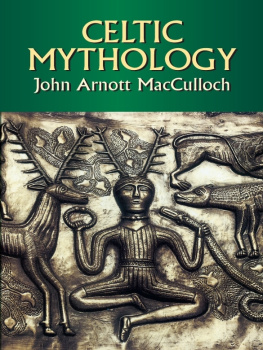Faraday - Edda, Volume 2 The Heroic Mythology of the North Popular Studies in Mythology, Romance, and Folklore, No. 13
Here you can read online Faraday - Edda, Volume 2 The Heroic Mythology of the North Popular Studies in Mythology, Romance, and Folklore, No. 13 full text of the book (entire story) in english for free. Download pdf and epub, get meaning, cover and reviews about this ebook. year: 2010, publisher: Project Gutenberg, genre: Art. Description of the work, (preface) as well as reviews are available. Best literature library LitArk.com created for fans of good reading and offers a wide selection of genres:
Romance novel
Science fiction
Adventure
Detective
Science
History
Home and family
Prose
Art
Politics
Computer
Non-fiction
Religion
Business
Children
Humor
Choose a favorite category and find really read worthwhile books. Enjoy immersion in the world of imagination, feel the emotions of the characters or learn something new for yourself, make an fascinating discovery.
- Book:Edda, Volume 2 The Heroic Mythology of the North Popular Studies in Mythology, Romance, and Folklore, No. 13
- Author:
- Publisher:Project Gutenberg
- Genre:
- Year:2010
- Rating:3 / 5
- Favourites:Add to favourites
- Your mark:
- 60
- 1
- 2
- 3
- 4
- 5
Edda, Volume 2 The Heroic Mythology of the North Popular Studies in Mythology, Romance, and Folklore, No. 13: summary, description and annotation
We offer to read an annotation, description, summary or preface (depends on what the author of the book "Edda, Volume 2 The Heroic Mythology of the North Popular Studies in Mythology, Romance, and Folklore, No. 13" wrote himself). If you haven't found the necessary information about the book — write in the comments, we will try to find it.
Edda, Volume 2 The Heroic Mythology of the North Popular Studies in Mythology, Romance, and Folklore, No. 13 — read online for free the complete book (whole text) full work
Below is the text of the book, divided by pages. System saving the place of the last page read, allows you to conveniently read the book "Edda, Volume 2 The Heroic Mythology of the North Popular Studies in Mythology, Romance, and Folklore, No. 13" online for free, without having to search again every time where you left off. Put a bookmark, and you can go to the page where you finished reading at any time.
Font size:
Interval:
Bookmark:
The Project Gutenberg EBook of The Edda, Vol. 2, by Winifred Faraday
This eBook is for the use of anyone anywhere at no cost and with
almost no restrictions whatsoever. You may copy it, give it away or
re-use it under the terms of the Project Gutenberg License included
with this eBook or online at www.gutenberg.net
Title: The Edda, Vol. 2
The Heroic Mythology of the North, Popular Studies in Mythology,
Romance, and Folklore, No. 13
Author: Winifred Faraday
Release Date: July 23, 2004 [EBook #13008]
Language: English
*** START OF THIS PROJECT GUTENBERG EBOOK THE EDDA, VOL. 2 ***
Produced by Jeroen Hellingman and the Distributed Proofreaders Team.
Page 1
Winifred Faraday, M.A.
1902
Page 2
The present study forms a sequel to No. 12 (The Edda: Divine Mythology of the North), to which the reader is referred for introductory matter and for the general Bibliography. Additional bibliographical references are given, as the need occurs, in the notes to the present number.
Manchester ,
July 1902.
Page 3
Sigemund the Waelsing and Fitela, Aetla, Eormanric the Goth and Gifica of Burgundy, Ongendtheow and Theodric, Heorrenda and the Heodenings, and Weland the Smith: all these heroes of Germanic legend were known to the writers of our earliest English literature. But in most cases the only evidence of this knowledge is a word, a name, here and there, with no hint of the story attached. For circumstances directed the poetical gifts of the Saxons in England towards legends of the saints and Biblical paraphrase, away from the native heroes of the race; while later events completed the exclusion of Germanic legend from our literature, by substituting French and Celtic romance. Nevertheless, these few brief references in Beowulf and in the small group of heathen English relics give us the right to a peculiar interest in the hero-poems of the Edda. Page 4 In studying these heroic poems, therefore, we are confronted by problems entirely different in character from those which have to be considered in connexion with the mythical texts. Those are in the main the product of one, the Northern, branch of the Germanic race, as we have seen (No. 12 of this series), and the chief question to be determined is whether they represent, however altered in form, a mythology common to all the Germans, and as such necessarily early; or whether they are in substance, as well as in form, a specific creation of the Scandinavians, and therefore late and secondary. The heroic poems of the Edda, on the contrary, with the exception of the Helgi cycle, have very close analogues in the literatures of the other great branches of the Germanic race, and these we are able to compare with the Northern versions.
The Edda contains poems belonging to the following heroic cycles:
(a) Weland the Smith.Anglo-Saxon literature has several references to this cycle, which must have been a very popular one; and there is also a late Continental German version preserved in an Icelandic translation. But the poem in the Edda is the oldest connected form of the story.
(b) Sigurd and the Nibelungs.Again the oldest reference is in Anglo-Saxon. There Page 5 are two well-known Continental German versions in the Nibelungen Lied and the late Icelandic Thidreks Saga, but the Edda, on the whole, has preserved an earlier form of the legend. With it is loosely connected
(c) The Ermanric Cycle.The oldest references to this are in Latin and Anglo-Saxon. The Continental German version in the Thidreks Saga is late, and, like that in the Edda, contaminated with the Sigurd story, with which it had originally nothing to do.
(d) Helgi.This cycle, at least in its present form, is peculiar to the Scandinavian North.
All the above-named poems are contained in Codex Regius of the Elder Edda. From other sources we may add other poems which are Eddic, not Skaldic, in style, in which other heroic cycles are represented. The great majority of the poems deal with the favourite story of the Volsungs, which threatens to swamp all the rest; for one hero after another, Burgundian, Hun, Goth, was absorbed into it. The poems in this part of the MS. differ far more widely in date and style than do the mythological ones; many of the Volsung-lays are comparatively late, and lack the fine simplicity which characterises the older popular poetry.
Vlund.The lay of Vlund, the wonderful smith, the Weland of the Old English poems and Page 6 the only Germanic hero who survived for any considerable time in English popular tradition, stands alone in its cycle, and is the first heroic poem in the MS. It is in a very fragmentary state, some of the deficiencies being supplied by short pieces of prose. There are two motives in the story: the Swan-maids, and the Vengeance of the Captive Smith. Three brothers, Slagfinn, Egil and Vlund, sons of the Finnish King, while out hunting built themselves a house by the lake in Wolfsdale. There, early one morning, they saw three Valkyries spinning, their swancoats lying beside them. The brothers took them home; but after seven years the swan-maidens, wearied of their life, flew away to battle, and did not return.
Seven years they stayed there, but in the eighth longing seized them, and in the ninth need parted them. Egil and Slagfinn went to seek their wives, but Vlund stayed where he was and worked at his forge. There Nithud, King of Sweden, took him captive:
Men went by night in studded mailcoats; their shields shone by the waning moon. They dismounted from the saddle at the hall-gable, and went in along the hall. They saw rings strung on bast which the hero owned, seven hundred in all; they took them off and put, them on again, all but one. The keen-eyed archer Vlund came in from hunting, from a far road.... He sat on a bear-skin and counted his rings, and the prince of the elves missed one; he thought Hlodve's Page 7 daughter, the fairy-maid, had come back. He sat so long that he fell asleep, and awoke powerless: heavy bonds were on his hands, and fetters clasped on his feet.
They took him away and imprisoned him, ham-strung, on an island to forge treasures for his captors. Then Vlund planned vengeance:
'I see on Nithud's girdle the sword which I knew keenest and best, and which I forged with all my skill. The glittering blade is taken from me for ever; I shall not see it borne to Vlund's smithy. Now Bdvild wears my bride's red ring; I expect no atonement.' He sat and slept not, but struck with his hammer.
Nithud's children came to see him in his smithy: the two boys he slew, and made drinking-cups for Nithud from their skulls; and the daughter Bdvild he beguiled, and having made himself wings he rose into the air and left her weeping for her lover and Nithud mourning his sons.
In the Old English poems allusion is made only to the second part of the story; there is no reference to the legend of the enchanted brides, which is indeed distinct in origin, being identical with the common tale of the fairy wife who is obliged to return to animal shape through some breach of agreement by her mortal husband. This incident of the compact (i.e., to hide the swan-coat, to refrain from asking the wife's name, or whatever it may have been) has been lost in the Vlund Page 8 tale. The Continental version is told in the late Icelandic Thidreks Saga, where it is brought into connexion with the Volsung story; in this the story of the second brother, Egil the archer, is also given, and its antiquity is supported by the pictures on the Anglo-Saxon carved whale-bone box known as the Franks Casket, dated by Professor Napier at about 700 A.D. The adventures of the third brother, Slagfinn, have not survived. The Anglo-Saxon gives Vlund and Bdvild a son, Widia or Wudga, the Wittich who appears as a follower of Dietrich's in the Continental German sources.
Font size:
Interval:
Bookmark:
Similar books «Edda, Volume 2 The Heroic Mythology of the North Popular Studies in Mythology, Romance, and Folklore, No. 13»
Look at similar books to Edda, Volume 2 The Heroic Mythology of the North Popular Studies in Mythology, Romance, and Folklore, No. 13. We have selected literature similar in name and meaning in the hope of providing readers with more options to find new, interesting, not yet read works.
Discussion, reviews of the book Edda, Volume 2 The Heroic Mythology of the North Popular Studies in Mythology, Romance, and Folklore, No. 13 and just readers' own opinions. Leave your comments, write what you think about the work, its meaning or the main characters. Specify what exactly you liked and what you didn't like, and why you think so.


